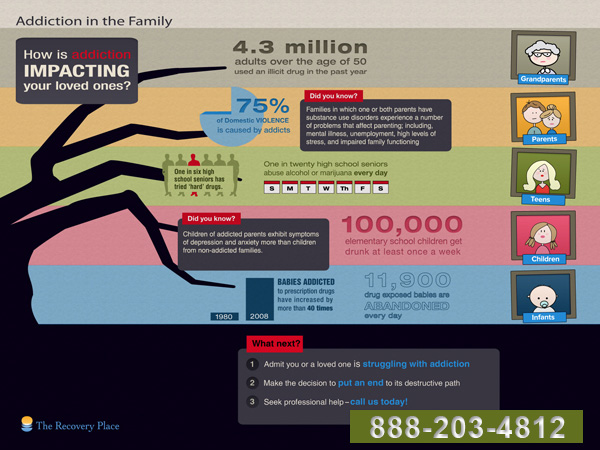Why Aftercare In Drug Rehab Is Critical For Long-Term Recuperation. Discover How Support Group Can Aid You Remain Sober And Develop A Meeting Life
Why Aftercare In Drug Rehab Is Critical For Long-Term Recuperation. Discover How Support Group Can Aid You Remain Sober And Develop A Meeting Life
Blog Article
Does Kaiser Permanente Have Drug Rehab Muse Treatment Los Angeles -Ennis McKenzie
You can not do it alone. Healing from drug addiction requires a strong support system.
The importance of aftercare in drug rehabilitation can not be overemphasized. In this post, we will discover the duty of therapy, the benefits of therapy, and the foundation offered by peer support system in maintaining soberness.
So, grab a cup of coffee, relax, and let us lead you via the crucial steps of post-rehabilitation support.
The Duty of Therapy in Aftercare
If you want to keep your soberness after leaving rehab, it's important that you continue taking part in counseling sessions as part of your aftercare plan.
Therapy plays a vital duty in your recuperation journey by offering ongoing assistance, guidance, and a safe area to reveal your feelings and concerns.
With counseling, you can attend to any kind of underlying concerns that may have added to your dependency, create coping approaches, and discover healthier means to take care of stress and anxiety and yearnings.
It allows you to resolve any type of unresolved feelings and establish a far better understanding of yourself and your triggers.
The Advantages of Therapy in Preserving Sobriety
To keep your sobriety, therapy can provide many benefits.
- Treatment supplies a safe room for you to discover and address the underlying issues that might have contributed to your addiction.
- It allows you to resolve your feelings and establish healthier methods of taking care of stress and sets off.
- Via therapy, you can acquire a much better understanding of yourself and your patterns of actions, which can aid you make favorable changes in your life.
- Furthermore, therapy supplies you with a support group of specialists that are educated to lead and assist you on your trip to healing.
- They can supply valuable insights, tools, and techniques to aid you navigate the challenges that may arise.
- In therapy, you can find out to create healthy coping skills, develop durability, and improve your overall wellness.
Peer Support System: A Structure for Lasting Recovery
You can find long-term healing by proactively joining peer support groups and connecting with others who share comparable experiences and goals.
Peer support groups give a risk-free and non-judgmental room where individuals in recovery can come together to share their battles, successes, and insights. By proactively taking part in these groups, you can receive the assistance and motivation you need to remain on the course of healing.
Connecting with https://blogfreely.net/mary80ross/discover-useful-strategies-to-support-a-loved-one-battling-dependency that have actually experienced similar experiences can be unbelievably empowering, as it aids you realize that you aren't alone in your journey. It likewise allows you to learn from others who've effectively conquered similar obstacles. With each other, you can commemorate milestones, hold each other accountable, and deal advice and recommendations.
Via these links, you can construct a solid support system that will certainly assist you navigate the ups and downs of recuperation and inevitably discover long lasting recovery and makeover.
Conclusion
You have actually discovered the critical function of aftercare in drug rehab. Therapy, treatment, and peer support groups contribute to lasting recuperation. Below's https://squareblogs.net/stella1travis/right-here-are-the-5-vital-aspects-that-make-drug-addiction-therapy-programs to comprehend the magnitude of the problem: research studies show that people that get aftercare treatment are 50% more likely to preserve sobriety compared to those who do not.
So, think of the transformative power of these support systems in assisting people redeem their lives and construct a brighter, drug-free future.
